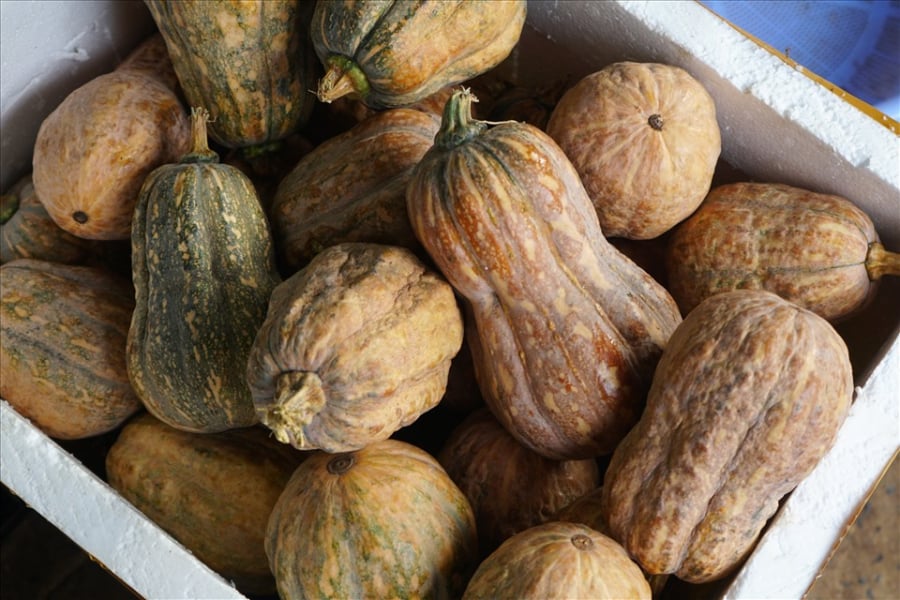Digestive Disorders
Pumpkin is high in soluble fiber and can put a strain on a weak digestive system. Those with digestive disorders such as bloating, abdominal distension, indigestion, diarrhea, or colitis should limit their intake of pumpkin. The high fiber content can exacerbate symptoms, causing abdominal pain, bloating, and irregular bowel movements. If consumed, it should be in small quantities and well-cooked.
Diabetes
Although pumpkin has a medium glycemic index, its starch content is relatively high. As a result, consuming large amounts can quickly raise blood sugar levels, which is particularly dangerous for diabetics, especially those with poor blood sugar control. Therefore, diabetics and pregnant diabetic women should steer clear of pumpkin and opt for dark green vegetables instead.

Food Allergies
Although rare, some individuals may have an allergic reaction to the components in pumpkin. Symptoms of a pumpkin allergy typically include itching, hives, angioedema, and even anaphylaxis. Those with a history of food allergies, especially to cucurbitaceous plants, should exercise caution when trying pumpkin for the first time. If any signs of an allergic reaction occur, seek immediate medical attention.
Kidney Disease
Pumpkin is rich in potassium, which can be harmful to individuals with kidney failure or chronic kidney disease. When the kidney’s blood filtration function weakens, excess potassium in the blood is not effectively eliminated, leading to hyperkalemia. This condition can cause arrhythmias or cardiac arrest, posing a threat to life. Therefore, individuals with kidney disease should limit their pumpkin consumption or consult a dietitian for dietary guidance.
Warm Constitution
In traditional Chinese medicine, pumpkin is considered warming and can lead to internal heat, acne, and redness, especially in those with a warm constitution. As such, individuals with a warm constitution should refrain from consuming large amounts of pumpkin.
Overweight and Obese Individuals
Pumpkin has a relatively low-calorie content in its natural state. However, pumpkin-based dishes such as pumpkin pie, pumpkin soup, and pumpkin pudding are often prepared with added sugar, milk, and cream, significantly increasing the calorie count. Therefore, individuals who are overweight or obese and aiming to lose weight should avoid these pumpkin-based treats.






























